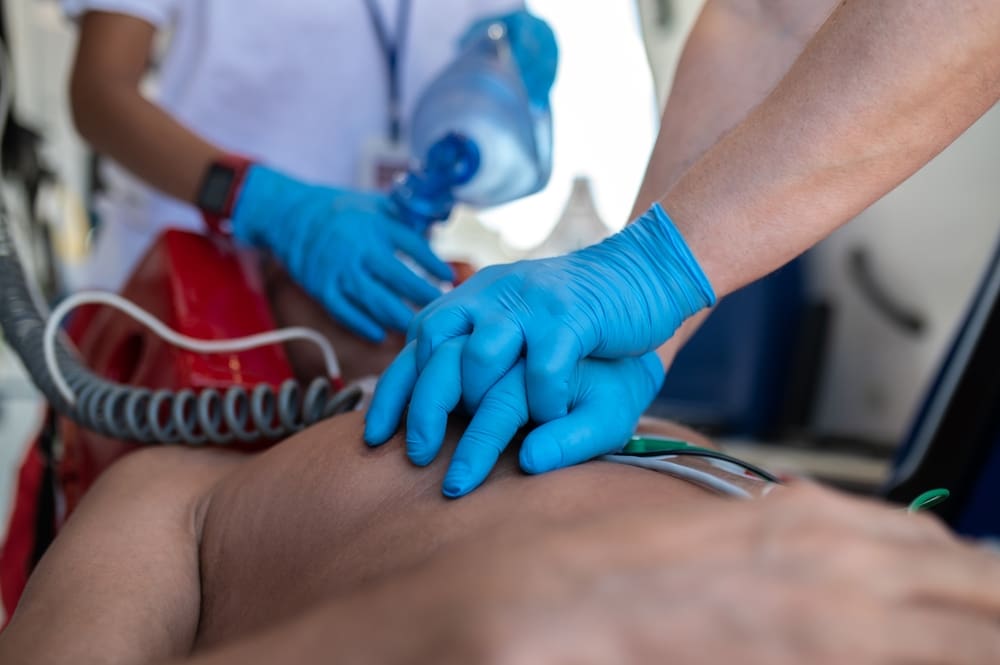In today’s intricate medical environment, the conversation surrounding end-of-life care has gained unprecedented significance. Central to these discussions is the deliberation over whether to establish a do not resuscitate (DNR) directive. Though grappling with this decision can be emotionally challenging, there exist numerous compelling justifications for individuals opting to enact a DNR. In this article, we embark on an exploration of five pivotal reasons underpinning the advantages of having a DNR in place. From considerations of personal autonomy to the alleviation of unnecessary suffering, each rationale sheds light on the profound impact a DNR can have on an individual’s end-of-life journey. Amid the complexities of modern medicine, the choice to embrace a DNR represents not only a practical decision but also one that resonates deeply with personal values and desires for dignified, respectful end-of-life care.
1. Respect for personal wishes
One of the primary reasons for having a DNR signed is to ensure that an individual’s wishes regarding end-of-life care are respected. For many people, quality of life is paramount, and they may not wish to undergo aggressive medical interventions, such as cardiopulmonary resuscitation (CPR), in the event of a medical emergency. By having a DNR in place, individuals can communicate their preferences clearly to healthcare providers and loved ones, ensuring that their wishes are honored.
2. Avoidance of unnecessary suffering
CPR and other forms of resuscitation can be invasive procedures that may cause pain and discomfort, particularly for individuals who are already frail or suffering from serious medical conditions. In some cases, the potential benefits of resuscitation may be outweighed by the potential for prolonged suffering or diminished quality of life. By choosing to have a DNR signed, individuals can spare themselves or their loved ones unnecessary pain and suffering in the event of a medical emergency.
3. Preservation of dignity
For many people, maintaining dignity and autonomy at the end of life is of utmost importance. Resuscitation efforts can be chaotic and undignified, involving invasive procedures and the potential for loss of bodily functions. By opting for a DNR, individuals can maintain a sense of control over their final moments and preserve their dignity as they approach the end of life.
4. Reduction of family burden
Decisions about end-of-life care can be incredibly difficult for family members to make, particularly in the absence of clear guidance from the individual in question. By having a DNR in place, individuals can alleviate some of the burden placed on their loved ones, sparing them from the anguish of having to make difficult decisions during a fast-paced difficult time. A DNR provides clarity and guidance to family members, allowing them to focus on providing comfort and support during a challenging time.
5. Alignment with personal values
Ultimately, the decision to have a DNR signed is a deeply personal one that should align with an individual’s values, beliefs, and priorities. For some, this may mean prioritizing comfort and quality of life over aggressive medical interventions. For others, it may reflect a desire to maintain control and autonomy in the face of serious illness or decline. By having a DNR in place, individuals can ensure that their end-of-life care aligns with their personal values and preferences.
The decision to sign a DNR order is deeply personal, influenced by individual beliefs, values, and desires for end-of-life care. By recognizing the multifaceted nature of this choice, individuals can navigate the complexities of their medical journey with clarity and confidence. Through a DNR, they uphold their autonomy, ensuring that their wishes are honored and respected even in the most critical moments. Moreover, a DNR enables individuals to spare themselves and their loved ones from unnecessary suffering, preserving dignity and quality of life during the final stages. As we reflect on the significance of this decision, it becomes evident that a DNR serves as more than a legal document—it symbolizes a commitment to personalized, compassionate care that aligns with one’s deepest values. By embracing the benefits of a DNR and engaging in thoughtful deliberation, individuals empower themselves to shape their end-of-life experience according to their own terms, fostering peace of mind and a sense of closure for themselves and their loved ones.
This story was created using AI technology.

















